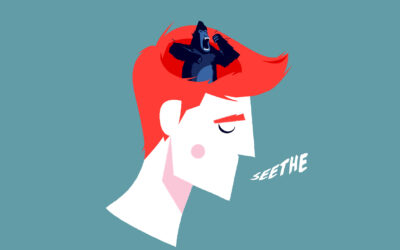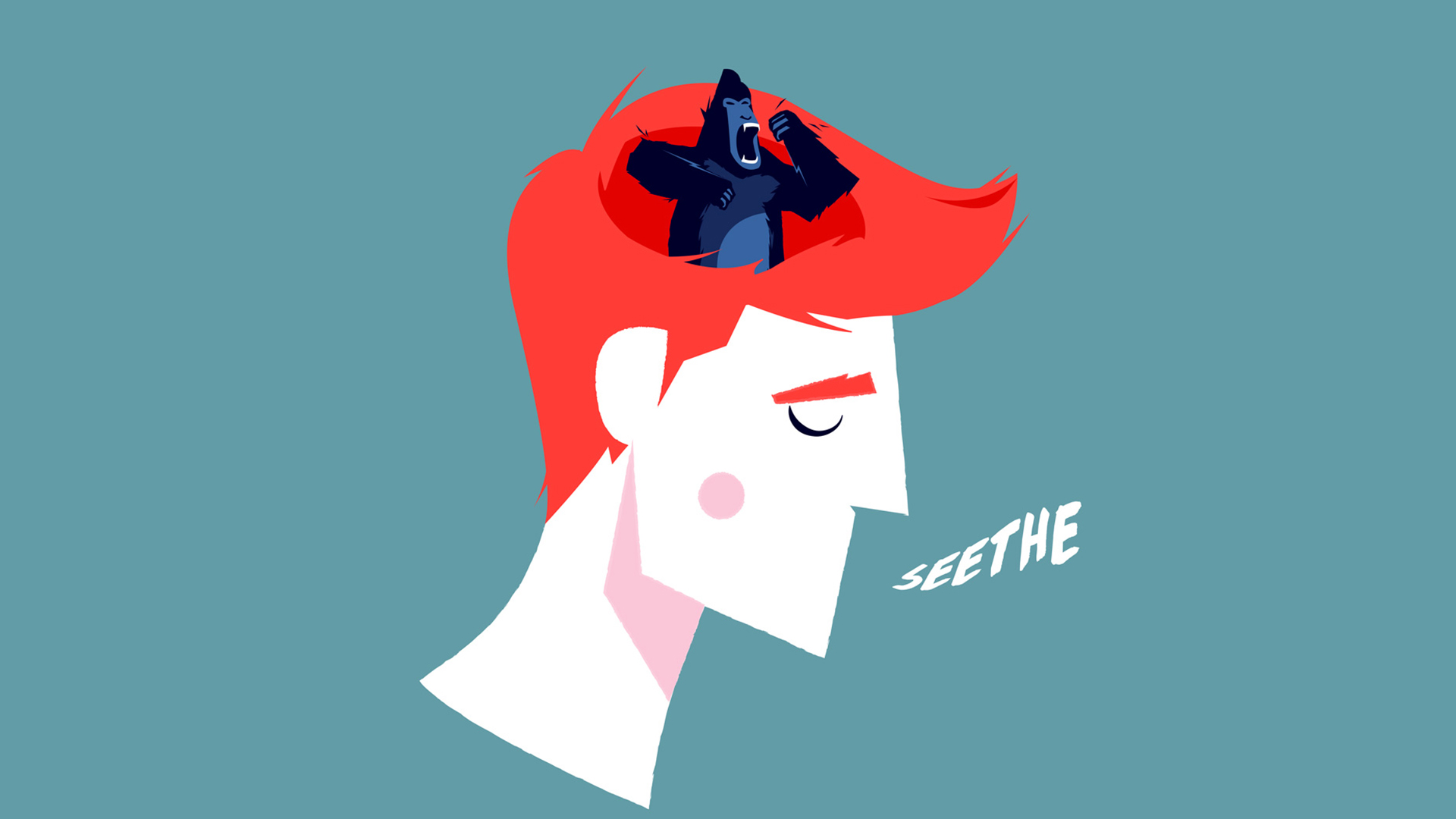Of course, the ‘type’ of criticism can make a big difference. I think it’s pretty hard sometimes to draw a clear division between what is deemed ‘constructive’ and what is simply subjective, mainly because it tends to come down to how it is phrased and who’s said it. I often find the most difficult feedback to be stuff that hits a ‘creative’ nerve. For example, I don’t think I know anyone who would be overly troubled by a criticism that said an idea or piece of work was ‘too crazy’ or ‘too ambitious’. But hearing someone say that your work was boring or tedious would be infinitely worse. Less emotionally, but equally frustrating, is receiving criticism that you already worried you might get – a direction or decision you took which has influenced what you’ve done, but is now being severely questioned. On one hand you’re desperate and impatient to show that this was something you thought about long and hard; on the other you are seeing the flaws in your thinking being gradually unpicked before your eyes.
But then that’s the game – and it works precisely because of this discrepancy between the emotionally invested and the critically dispassionate. To those critiquing, the work is just work; but to the creator, it’s a part of them. For a completely melodramatic analogy, it’s as if you were to reluctantly extract an organ from your person, before laying it on a table surrounded by scalpel-wielding medical professionals and hoping they’ll be frugal with the incisions. Many very sane, wise and rational people would say that the true trick is to better dissociate yourself with the work you do – and essentially try and be part of the critique, rather than simply the subject. The thinking is sound – and I certainly don’t disagree with the idea that empathy always helps. Trouble is, how do you dissociate and still do the best work you can? For me, putting yourself into the work – the very same reason why hearing criticism can be so painful – is, perversely, the best way to ensure you are doing the best work.
So, what is the answer to dealing with creative criticism? How do you still give all you can while remaining calm when someone decides it’s not good enough? There’s certainly not a catch-all rule. However, from a personal perspective, there are a few things that can make things a bit easier when it happens.
The first is context. Regardless of how close I am to the work that I’ve done, it’s more than likely that there is someone who has built an understanding of the brief that’s at least as or more rounded as mine. They may not have spent three hours agonising on the best word to use in a product description, or five perfecting a line-weight, but they have also spent significant time thinking about what the creative needs to be. That doesn’t mean they will necessarily be right in their criticism of creative, but it does mean they have the right to criticise. So, if I can manage to view it in the context it is meant, it makes it a lot easier for the rational part of me to win the internal battle.
The second is one of those clichés that just happens to be true. If you didn’t feel the burn of creative criticism, then nor would you feel the deep satisfaction and validation when someone – colleague or client – sees or reads something you’ve worked hard for and says, with unmistakable sincerity, ‘That’s. Bloody. Great”. Naturally, those moments are rare, but they are made all the sweeter for having felt the disappointment of all those times when no-one did. I suppose what I’m getting at is that, even though it doesn’t feel like it at the time, getting creative criticism is a privilege of being a creative in a creative industry – where someone actually pays you to have ideas. Admittedly, it’s a painful privilege, but it’s also one of the most precious there is, so, at the risk of sounding like too much of a bleeding heart, it genuinely does need to be cherished.
Richard Hanney is head of copywriting at ilk in Leeds.















